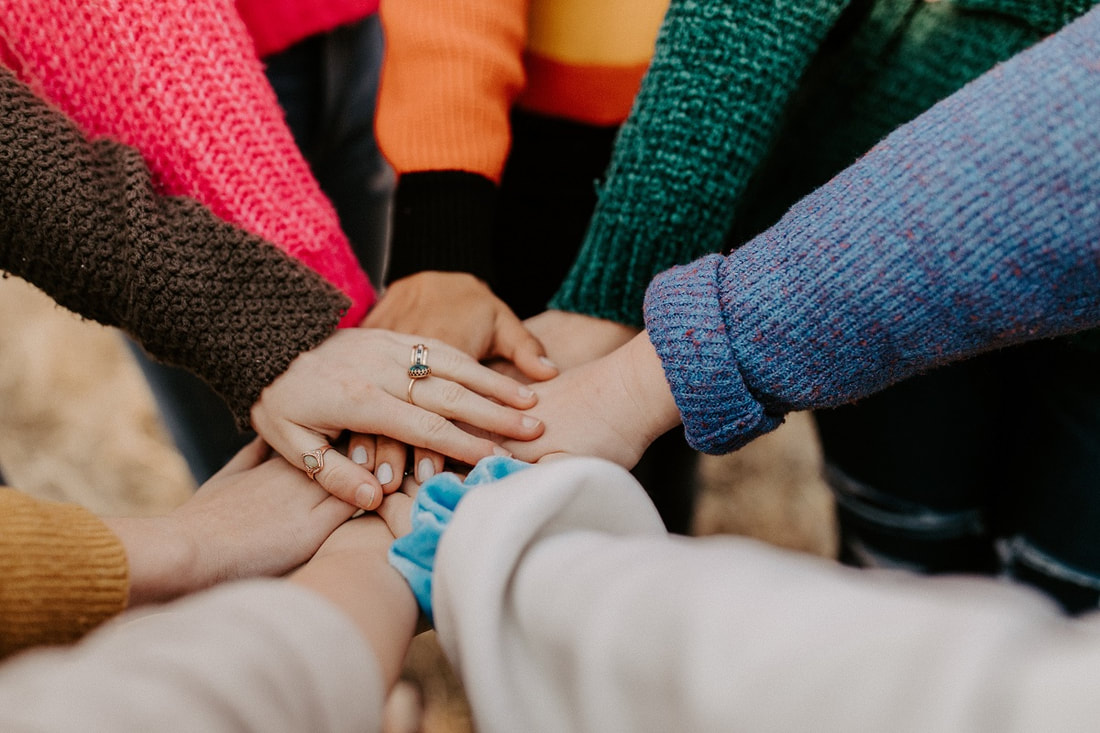|
This post, written by Rev. Dr. Kate Wiebe, originally was published on September 24, 2019, on the ICTG blog. What is the Village of Care? You likely have heard the adage, "it takes a village to raise a child." Well, in our experience through the mission of the Institute to provide leaders with restorative strategies after collective loss, we find that in most cases it takes a village – a village of care providers – to heal a person or a community after trauma or disaster. Who participates in the Village of Care? Everyone who self-identifies as a common or professional caregiver, including, and not limited to:
Repeatedly and frequently, we hear any one of the above types of persons describe a moment when they felt like the circumstances a person brought to their attention seemed beyond the scope of their expertise or responsibility. For example, a financial advisor recently shared with me about how she wishes she had taken more advantage of psychology course offerings in college, because she often finds her clients sharing with her intimate details about their family or regrets about certain life choices and her being one of the first persons they ever shared those details with. "Making decisions about your end-of-life financial plans brings a lot up for people." We talked about how she might find it helpful to have a ready referral or two for a therapist, should one of her clients find that helpful. Though, we both recognized, sometimes it just means a lot to have the person you are with really listen and appreciate where you're coming from. ... we find that in most cases it takes a village – a village of care providers – to heal a person or a community after trauma or disaster. Cultivating personal and professional care networks (like the ones you can find in our Resource Guides) can help organizational leaders and staff navigate the blurrier lines that can emerge, especially when people we are with may begin to reflect on histories of trauma or adversity. Even knowing we have a colleague or trusted friend to call for personal or professional advice can bring us peace and help us feel a little more courageous in listening to others. Want to learn more about types of caregivers in a community, or read examples of how caregivers collaborate across professions to leverage greater care to survivors? You can do so in the Village of Care series.
0 Comments
Leave a Reply. |
�
COMMUNITY BLOGFrom 2012-2021, this blog space explored expanding understanding and best practices for leadership and whole-community care.
This website serves as a historical mark of work the Institute conducted prior to 2022. This website is no longer updated. Archives
January 2021
Categories
All
|



 RSS Feed
RSS Feed
